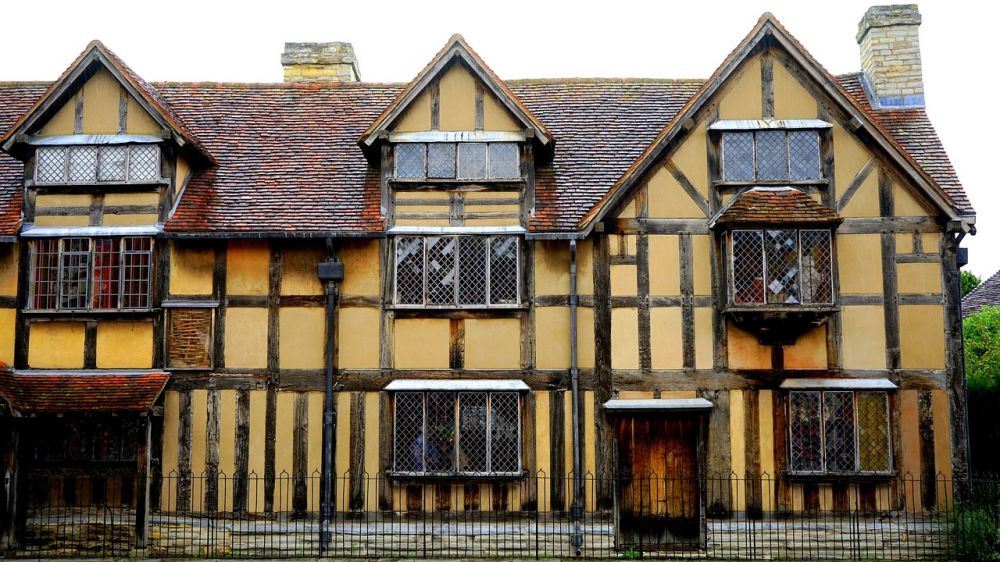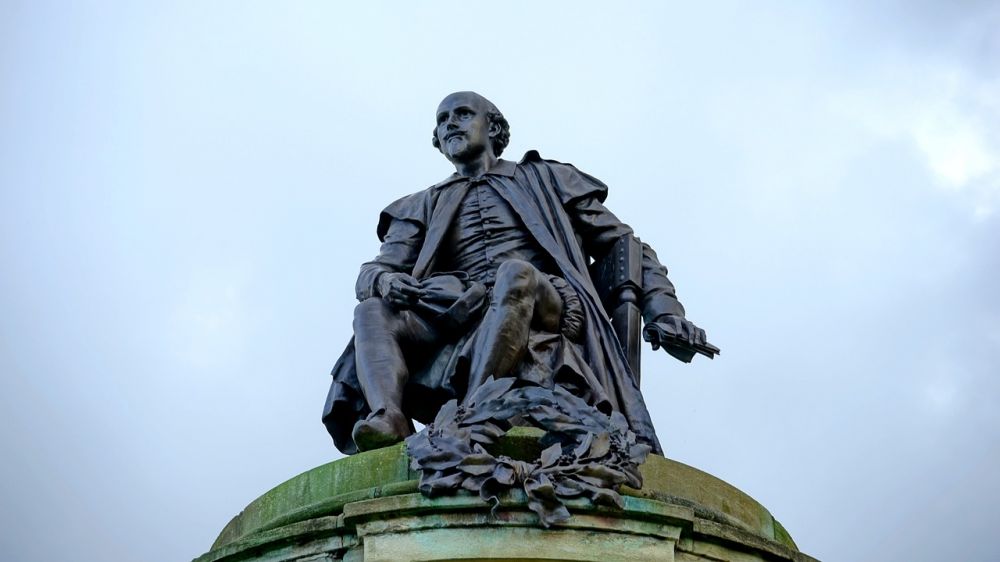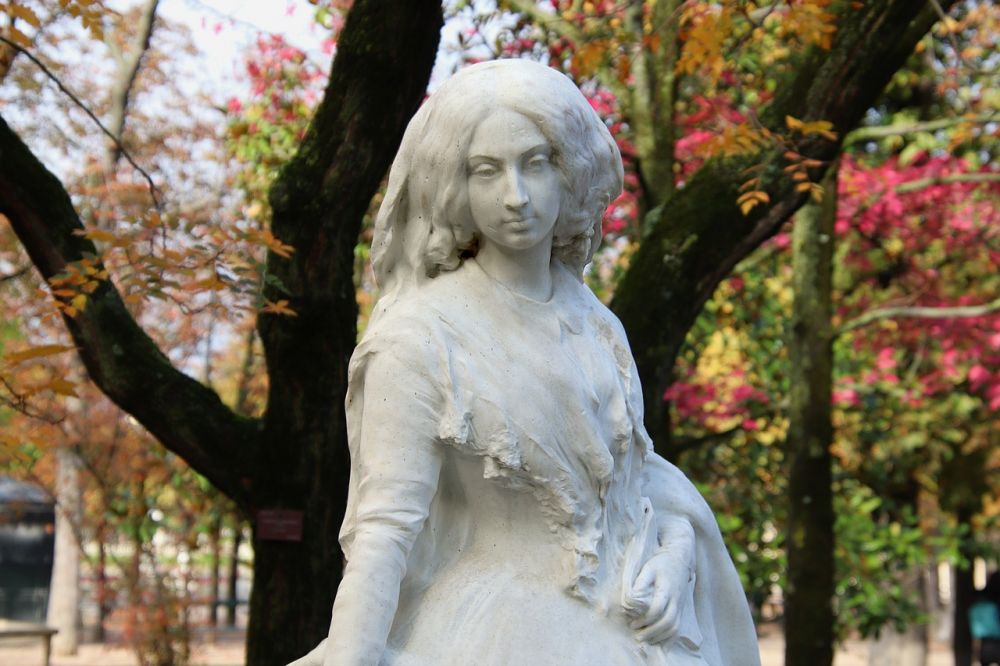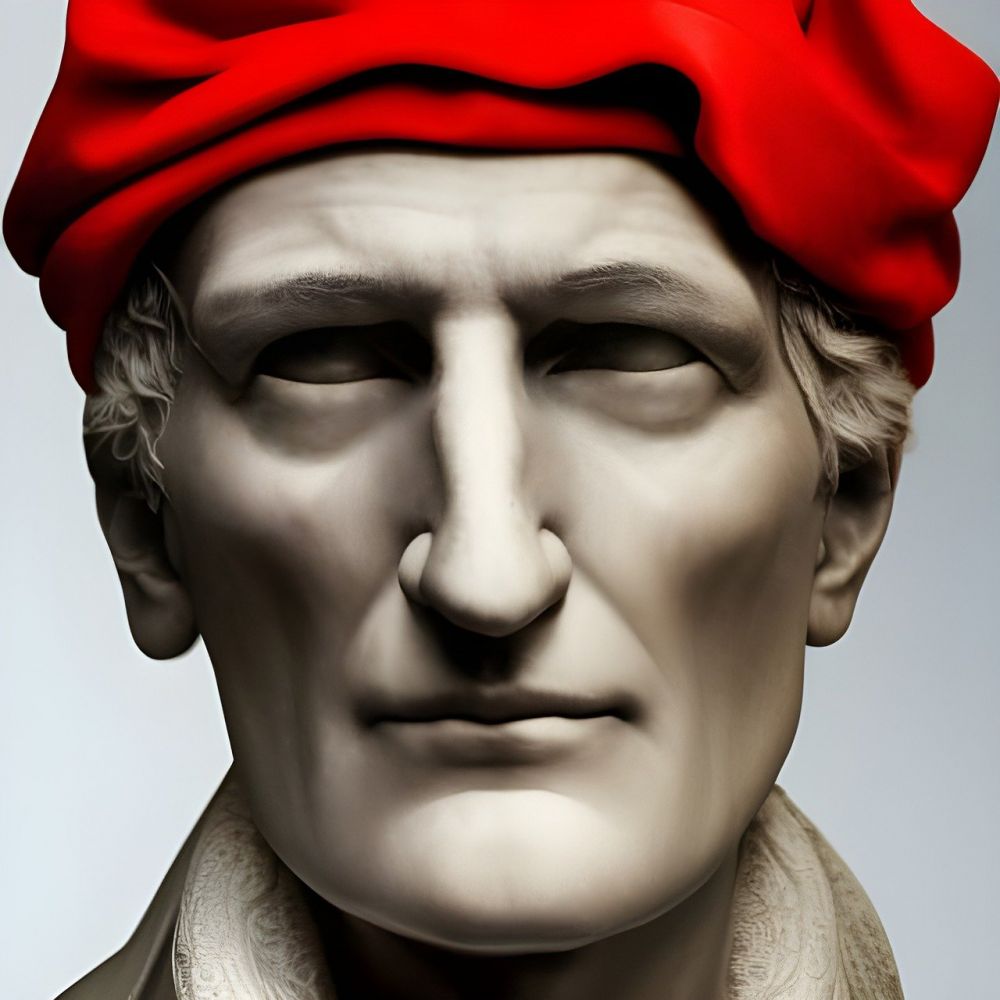EDGAR ALLAN POE: A MASTER OF THE MACABRE

Introduction:
Edgar Allan Poe is widely recognized as one of the most influential and celebrated writers in American literature. Apart from being a master of the macabre, Poe’s works delve into the realms of horror, mystery, and the supernatural. His unique style, captivating storytelling, and psychological insights have garnered him a timeless reputation that continues to intrigue and captivate readers to this day.
The Life and Works of Edgar Allan Poe:

Born on January 19, 1809, in Boston, Massachusetts, Edgar Allan Poe led a turbulent and tragic life that greatly influenced his writings. After the death of his parents and being separated from his siblings, Poe was taken in by John and Frances Allan, a foster family from Richmond, Virginia.
Poe’s fascination with literature emerged at a young age, and his poetic skills began to blossom during his teenage years. While attending the University of Virginia, he was known for his outstanding poetry, but unfortunately, his gambling and drinking habits strained his relationship with his foster father, leading to his expulsion from the university.
In the early part of his career, Poe embarked on a journey as an editor and critic, working for various literary magazines. During this time, he published his first collection of poems, “Tamerlane and Other Poems,” which went largely unnoticed. However, his breakthrough came in 1833 when he won a cash prize for his short story “MS. Found in a Bottle,” establishing him as a talented writer.
Poe’s writing career flourished with the publication of renowned works such as “The Tell-Tale Heart,” “The Fall of the House of Usher,” and “The Murders in the Rue Morgue.” His ability to create a haunting atmosphere, explore the depths of the human psyche, and craft intricate narratives cemented his status as a master of Gothic fiction.
Historical Development of Poe’s Legacy:
Throughout the years, Edgar Allan Poe’s impact on the literary world has only grown stronger. His contribution to the development of the detective fiction genre in “The Murders in the Rue Morgue” laid the foundation for future crime and mystery stories. Poe’s innovative use of unreliable narrators also influenced later writers, including renowned figures such as Arthur Conan Doyle and H.P. Lovecraft.
Despite his artistic achievements, Poe battled financial difficulties and personal tragedies, including the death of his beloved wife, Virginia Clemm. These adversities contributed to his reputation as a troubled and enigmatic figure, adding layers of intrigue to his already mysterious persona.
In the years following his death in 1849, Edgar Allan Poe’s works gained recognition and appreciation both within and outside of literary circles. The publication of a comprehensive collection of his works by his literary executor, Rufus Wilmot Griswold, further solidified his status as a literary genius.
Poe’s influence extended beyond the realms of literature, permeating into art, music, and popular culture. Countless adaptations of his stories and poems have been made in various forms, including films, television series, and even musical compositions. This enduring fascination with Poe’s works showcases the timeless appeal and relevance of his themes and storytelling techniques.
Conclusion:
Edgar Allan Poe’s legacy as a master of the macabre and a pioneer of Gothic fiction remains unparalleled. His ability to instill fear, captivate readers, and explore the darkest corners of the human mind has solidified his position as a literary icon. His works continue to resonate with audiences, captivating new generations of readers and inspiring countless artists in different mediums.
Through his innovative narratives, haunting imagery, and psychological insights, Edgar Allan Poe created a body of work that continues to intrigue and grip audiences worldwide. His works remind us of the power of storytelling and its ability to evoke emotions, ignite our imagination, and probe the depths of the human experience.
In memory of Edgar Allan Poe, let us continue to explore the darkness within ourselves and embrace the beauty that lies within the macabre.
References:
– “Edgar Allan Poe: A Critical Biography” by Arthur Hobson Quinn
– “Edgar Allan Poe: His Life and Legacy” by Jeffrey Meyers
– “The Cambridge Companion to Edgar Allan Poe” edited by Kevin J. Hayes





